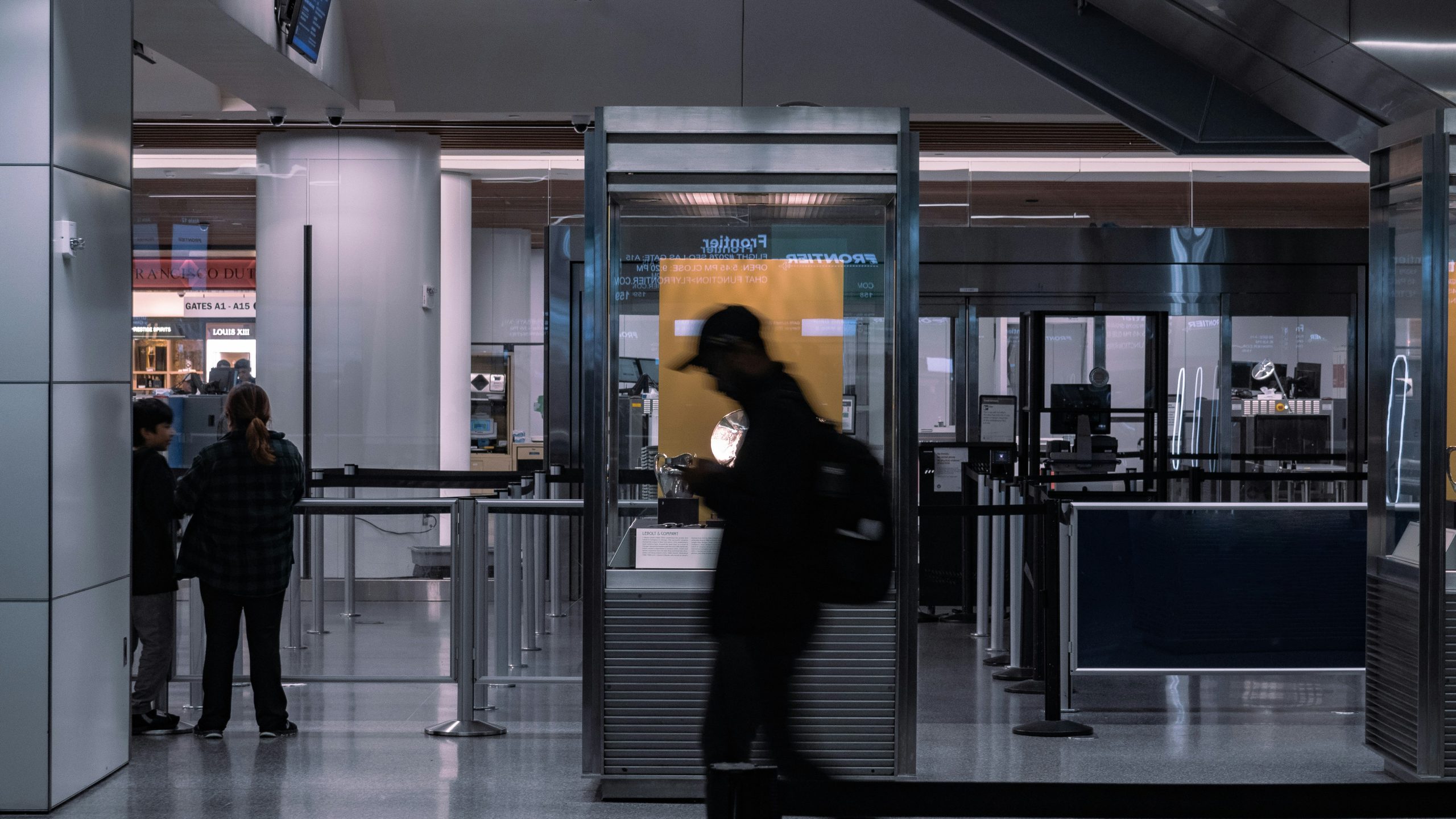Man Linked to European Airports Cyberattacks Arrested

The British police announced last week that a man linked to the cyberattack that caused major airport disruptions in Europe had been arrested. The suspect was detained in West Sussex, England.
According to CNN, a man in his forties was arrested on suspicion of Computer Misuse Act offences and later released on conditional bail. The investigation of the cyberattack targeting Collins Aerospace is still ongoing.
“Although this arrest is a positive step, the investigation into this incident is in its early stages and remains ongoing,” said Paul Foster, head of the UK’s National Crime Agency (NCA), in a statement shared with CNN. “Cybercrime is a persistent global threat that continues to cause significant disruption to the UK. Alongside our partners here and overseas, the NCA is committed to reducing that threat in order to protect the British public.”
The attack, which occurred in September, caused major disruptions and affected several airports, including London Heathrow, Brussels Airport, and Berlin Brandenburg. Passengers and airlines were still experiencing interruptions and delays just a few days ago.
According to Reuters, the European Union’s cybersecurity agency confirmed that criminals had used ransomware to disrupt airport check-in and boarding software. However, the agency has not disclosed which hacker group or criminal organization was responsible, and no stolen data has been detected on the dark web.
The director of threat intelligence at British cybersecurity firm Sophos, Rafe Pilling, explained that malicious actors have been targeting higher-profile victims because such cases attract more attention.
"Disruptive attacks are becoming more visible in Europe, but visibility doesn't necessarily equal frequency," said Pilling in an interview with Reuters. "Truly large-scale, disruptive attacks that spill into the physical world remain the exception rather than the rule."
Hacker groups such as Scattered Spider have been targeting airlines this year. In July, the FBI issued a warning that this criminal organization is putting the “airline ecosystem” at risk.



Please, comment on how to improve this article. Your feedback matters!